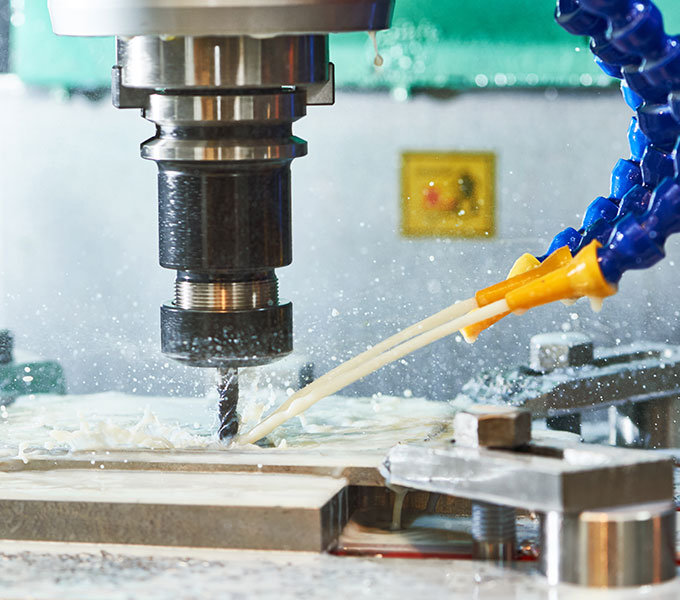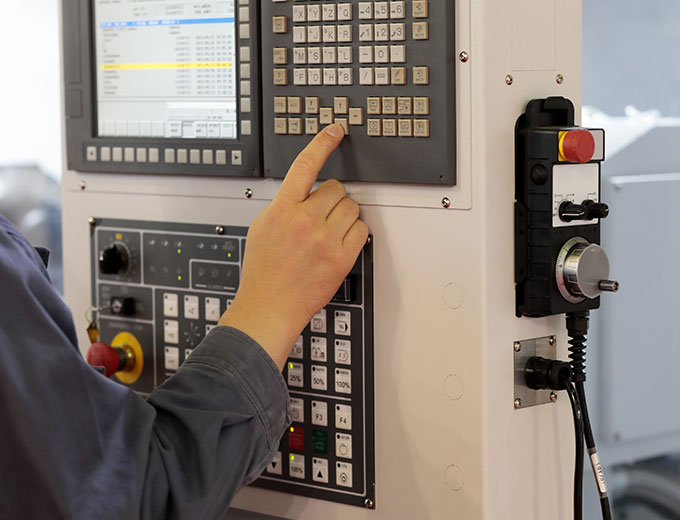Phone +86-1525 8117 626
Email sales@sculptormoulds.com
Address Room 5-1, #1 Bailong Lane, Minglou Street,
Yinzhou District, Ningbo City,
Zhejiang Province, China
- Mould Building Process
- Strict Quality Control
- Equipment and Softwares
Overview

Since the founding in 2009, Sculptor has been building the injection moulds for the plastic packing industry for 13 years. The brands we have ever served include Unilever, Dettol, Yili Milk, Syngenta, etc.
Our mould workshop staffs consist of veteran designers and machinists. The chief mould engineer has been working in the field of plastics and mould building for 26 years. We design and build the mould using modern CAD and CAM softwares, and advanced CNC & EDM equipment.
We focus on manufacturing high-quality medium-volume and high-volume production moulds, including Class 101 tooling with cavities and cores hardened to a minimum of 48 HRC. Depending on your specific requirement, we can design and craft moulds according to SPI, DIN or JIS standards.
Our full dedication to the art of mould building and decade-long experiences ensure that our plastic injection moulds will meet or transcend your requirement.
Mould Building Process
- Stage 1 : Design for Manufacturability Analysis:
The first step is to analyze the part design and check its suitability for the injection molding process. Modifications are required when necessary.
- Stage 2 : Mould Structure Design
Which is one essential factor that determines the mould quality. When the mould is complex, the mould structure accounts for the quality by over 80%.
- Stage 3 : Choice of Steel and Standard Parts
The engineer should consider the quality and precision requirements, as well as the manufacturing and heat treatment capabilities of the facility.
- Stage 4 : Components Machining and Mould Assembly
Which are vital for the mould precision. The cavities and cores of the high-volume production moulds should be put through quenching.
- Stage 5 : Trial Run
The shrinkage difference, part separation, cooling performance, and the effect of the gate design upon the precision and appearance of the part must all be checked through trial run.
Click here to view the flowchart of our complete mould building process.

Requirement Details
- Product drawing in 2D (.dwg) or 3D (.stp) format, or sample
- Part material and the shrinkage
- The desired shape and functionality of the part
- Parameters of the injection machine: nozzle radius, nozzle diameter, space between tie bars, clamping force, etc.
- Injection cycle time
- The mould standard to follow
- Mould details: cavity number, material of mould, mold life, cold runner or hot runner, etc.
- Other relevant information: polishing, texture, engraving, etc.
- Lead time requirement
Quality Control
- Mould
Design Audit01Which is conducted after the design is complete. The audit scope covers mould structure, guiding system, injection system, cooling system, ejection system, vulnerable parts, etc.
- Mould
Steel Inspection02We inspect the mould steel using spectrometer and flaw detector, to ensure there are no impurities or crack. Steel hardness is tested as well.
- Mould
Machining03Which is carried out in 3 steps: rough machining, semi-finish machining and finish machining. We take effective measures to prevent deformation.
- In-Process
QC04We use CMM and profile projector to measure the cavities, cores and other
components, to make sure the dimensions meet the specification. - Mould
Trial05Before the trial run, our QC personnel will first carry out inspection of the mould assembly. Our experienced trial team will then detect possible flaws and offer optimization advice.
Equipment and Softwares

Our workshop is fully equiped with advanced CNC and EDM equipment and modern design softwares to build solid, premium-quality moulds.
Mould Making Equipment
- High Speed CNC Center
- Standard CNC Machine
- Precision Milling Machine
- EDM Machine
- Fast Wire Cutting Machine
- Sodick Slow Wire Cutting Machine
- Surface Grinding Machine
Mould Design Softwares
- CAD, CAM, Pro-E, Unigraphics

